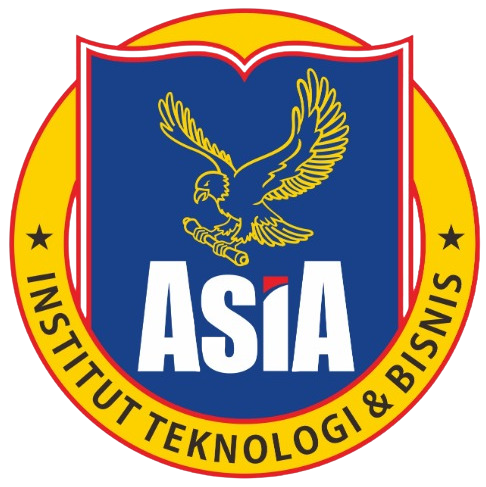AKUNTANSI KARAPAN SAPI PADA MASYARAKAT MADURA DENGAN PENDEKATAN ETNOGRAFI
DOI:
https://doi.org/10.32812/jibeka.v10i1.80Keywords:
Accounting, Bull Race, Society Madura, EthnographyArticle Metrics
Abstract
This study aims to interpret and describe the meaning of art and culture in society Madura Bull Race that we often encounter in the agenda of the annual event in Madura. Bull Race is the original culture of the land Madura cow racing is a race in which a pair of cows that pulls the train of wood (a jockey up and control the cow pairs) to be driven in the race racing against other pairs of cows). As part of a community certainly has become an umbrella association for the community Bull Race requires knowledge and accounting statements for subsequent agendas. This research uses an ethnographic approach. Data obtained from informants who were the original inhabitants of the land of Madura, through in-depth interviews, documentation and direct observation.
Based on this research note that purport accounting practices obtained from informants indicate that the Madurese community, especially the members of the community Bull Race Bull Race follow the race as a form of love and preservation of cultural values, especially Madura. Economic compensation obtained merely as a means to preserve and ensure the survival of the community of Bull Race. Results reconstruction of accounting concepts Karapan cow Madurese community shows that Bull Race as a form of community responsibility to preserve the culture and form of pride for the community, especially Madura Bull Race.
Downloads
References
2.Weygandt, dan Terry D. Warfield. 2010. Intermediate Accounting: IFRS Edition. Edisi 1, Vol. 1. New York: John Wiley & Sons. Martani, D., Sylvia V.,Ratna W., Aria F., Edward T. 2012. Akuntansi Keuangan Menengah Berbasis PSAK. Jakarta: Salemba Empat.
3.Muhajir, Noeng. 2007. Metodologi Keilmuan Paradigma Kualitatif, Kuantitatif dan Mixed. Yogyakarta:
4.Rake Sarasin. Moleong, Lexy. 2009. Metodologi Penelitian Kualitatif. Bandung: Remaja Rosdakarya.
5.Niswonger, C. Rollin, Carl S. Warren, dan Philip E. Fess. 1990. Accounting Principles: Terjemahan Prinsip-Prinsip Akuntansi. Jakarta: Erlangga.
6.Rahayu, Sri, Unti Ludigdo, Didiet Affandy. 2007. Studi Fenomenologis Terhadap Proses Penyusunan Anggaran Daerah Bukti Empiris Dari Satu Satuankerja Perangkat Daerah Di Provinsi Jambi. Seminar NAsional Akuntansi (SNA) X. Unhas Makasar.
7.Razak, A., Unti Ludigdo, Eko Ganis Sukoharsono, dan Armanu Thoyib. 2011. Perilaku Kuasa Eksekutif dan Legislatif Dalam Proses Penyusunan Anggaran Pemerintah Daerah: Perspektif Interaksionisme Simbolik. Jurnal Akuntansi Multiparadigma, Volume2, Nomor3, Desember 2011, Hlm. 492-509.
8.Reeve, James M., Carl S. Warren, dan Jonathan E. Duchac. 2013. Principles of Accounting-Indonesia Adaptation: Terjemahan Pengantar Akuntansi Adaptasi Indonesia. Jakarta: Salemba Empat.
9.Line Soetriono dan Rita Hanafie. 2007. Filsafat Ilmu dan Metodologi Penelitian. Yogyakarta: Andi.
10.Spradley, James P. 2006. Metode Etnografi. Yogyakarta: Tiara Wacana.
11.Sukoharsono, Eko Ganis. 2009. Refleksi Ethnografi Kritis: Pilihan Lain Teknik Riset Akuntansi. Jurnal Akuntansi dan Bisnis Vol. 4, No. 1.
Triyuwono, Iwan. 2013. (Makrifat) Metode Penelitian Kualitatif (dan Kuantitatif) Untuk Pengembangan Disiplin Akuntansi. Simposium Nasional Akuntansi (SNA) ke- 16, Menado.
Downloads
Published
How to Cite
Issue
Section
License
Happy reading. Don't be shy to cite








